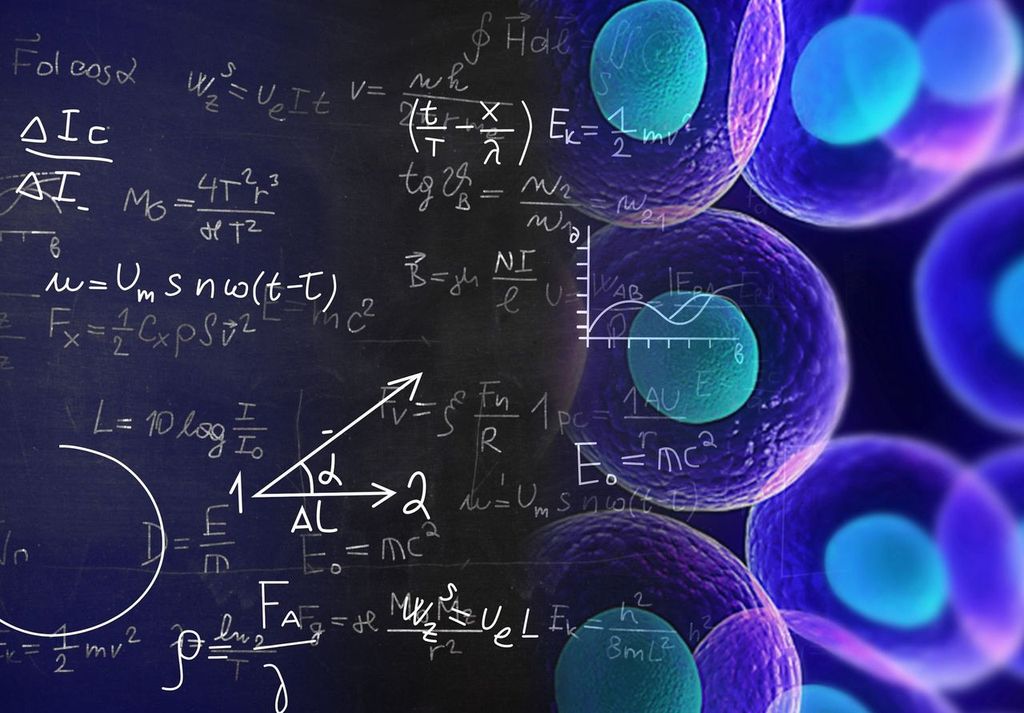



Blurring Boundaries: The 2024 Nobel Prize Debate
The 2024 Nobel Prize in Physics has sparked an unexpected debate across the scientific community. The award to Geoffrey Hinton and John Hopfield for their groundbreaking work in neural networks has raised questions about where traditional scientific disciplines end and new ones begin. While their contributions to artificial intelligence are undeniable, the decision to recognize this work through the lens of physics has prompted both celebration and concern.
“The Nobel prize committee doesn’t want to miss out on this AI stuff, so it’s very creative of them to push Geoffrey through the physics route,” said Professor Dame Wendy Hall, AI advisor to the United Nations. This creative categorization highlights a growing challenge in modern science: how do we recognize breakthrough achievements that transcend traditional disciplinary boundaries?
The debate extends beyond mere categorization. Mathematician Noah Giansiracusa voiced what many are thinking: “What [Hinton] did was phenomenal, but was it physics? I don’t think so.” This sentiment reflects a broader concern about the increasing dominance of data science and AI across all scientific fields. As machine learning and computational methods revolutionize everything from climate modeling to drug discovery, some worry that traditional scientific disciplines might become overshadowed.
Yet this convergence of fields might be exactly what modern science needs. The complexity of today’s challenges—from climate change to public health crises—demands solutions that transcend single disciplines. Data science and AI aren’t replacing traditional scientific methods; they’re amplifying them, creating new possibilities at the intersection of different fields.
The evolution of scientific disciplines isn’t new. Just as Newton’s work bridged mathematics and physics, today’s breakthroughs often emerge from unexpected combinations of knowledge.
The key lies in maintaining a delicate balance: celebrating interdisciplinary innovation while preserving the depth and rigor of specialized expertise.
This balance is precisely what drives innovation at the World Technology Games, where we believe human ingenuity flourishes at the crossroads of different disciplines. The future of science isn’t about erasing boundaries—it’s about building bridges across them. Whether through physics, computer science, or entirely new hybrid fields, what matters most is the impact these discoveries have on human understanding and capability.
The scientific community must navigate a path that both embraces collaboration and upholds the integrity of specialized disciplines. Each field brings unique methodologies, traditions, and insights that deserve recognition in their own right. The physicists advancing our understanding of quantum mechanics, the biologists unraveling the mysteries of cellular biology, and the mathematicians proving fundamental theorems—all must feel confident that their specialized contributions will be valued and properly acknowledged.
The 2024 Nobel Prize decision reminds us that while science increasingly works across boundaries, the foundations of discovery still rest on deep expertise within disciplines. The future lies not in choosing between specialization and intersection, but in fostering an environment where both can thrive—where groundbreaking work is recognized appropriately, and where building bridges between fields amplifies rather than diminishes the essential work happening within them.







